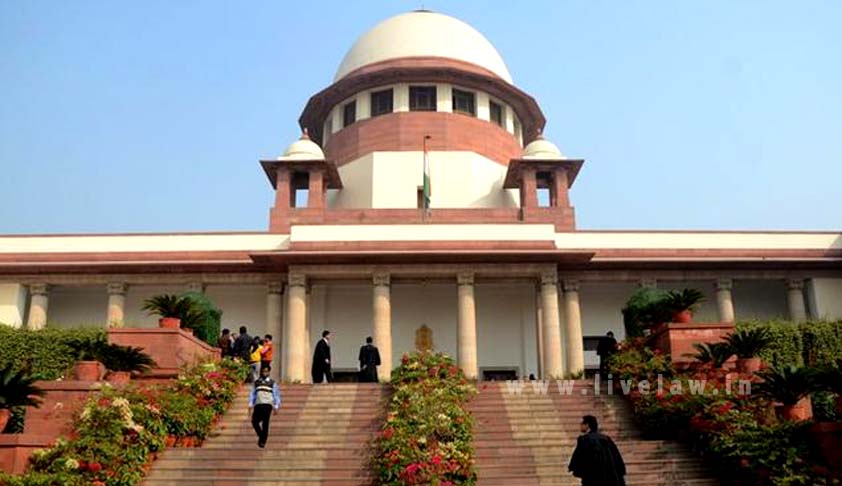SC sets aside Punjab & Haryana HC order upholding Bar Association (Constitution and Registration) Rules, 2015
Apoorva Mandhani
7 Oct 2015 6:02 PM IST

Next Story
7 Oct 2015 6:02 PM IST
Supreme Court has set aside the order of the Punjab and Haryana High Court dated August 4, 2015, wherein Bar Association (Constitution and Registration) Rules, 2015 framed by the Bar Council of Punjab & Haryana were upheld by consent between the parties.The Court ruled that the order of the High Court was passed without hearing the parties and in violation of principles of natural justice....
